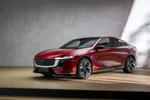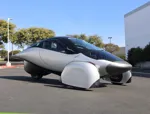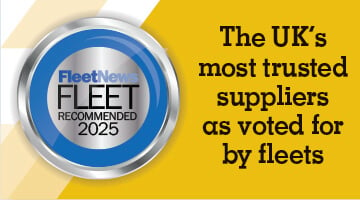Originally, automatics looked set to be hit with a double tax whammy, firstly because they have a higher P11D price than their manual equivalents, and secondly because their carbon dioxide emissions are higher.
But thanks to technical innovations from manufacturers like Vauxhall and Audi, drivers can keep their left foot on the floor without getting hit in the wallet.
Under next year's new CO2-based tax system, this would have led to a major tax hit. In some instances, company drivers could pay an additional £70 per month in tax to drive an automatic, compared to the manual version of the same model, although in other instances the difference is as little as £12 per month.
In the supermini sector, a 22 per cent taxpayer choosing a Vauxhall Corsa 1.2 SXI Easytronic will incur only 40p a month extra BIK tax over the manual model, while in the compact executive sector, plumping for an Audi A4 2.0 SE auto will only cost a 40 per cent taxpayer an extra £10.97 a month over the manual.
DaimlerChrysler Services Fleet Management investigated the issue and found that some company drivers are still prepared to shoulder the additional tax bill, and that the attractions of extra comfort and convenience are greatest for high mileage drivers who are in danger of seeing the sharpest rise in their personal tax bills.
Rael Winetroube, sales director of DCSFM, said: 'With prestige marques, the residual value of the vehicle will tend to be higher if it is an automatic, so the driver's company or even the fleet management company providing the vehicle may influence decision-making.
'Motor manufacturers, however, do need to look to lower the CO2 emission levels of automatic vehicles across their ranges. The whole basis for the new taxation, with its target of regularly decreasing acceptable emission levels, is to influence the priorities of technological progress in motor manufacturing.'















Login to comment
Comments
No comments have been made yet.